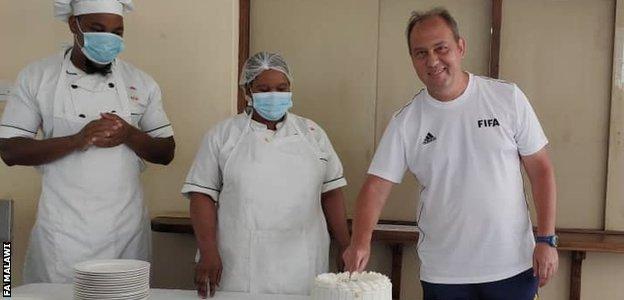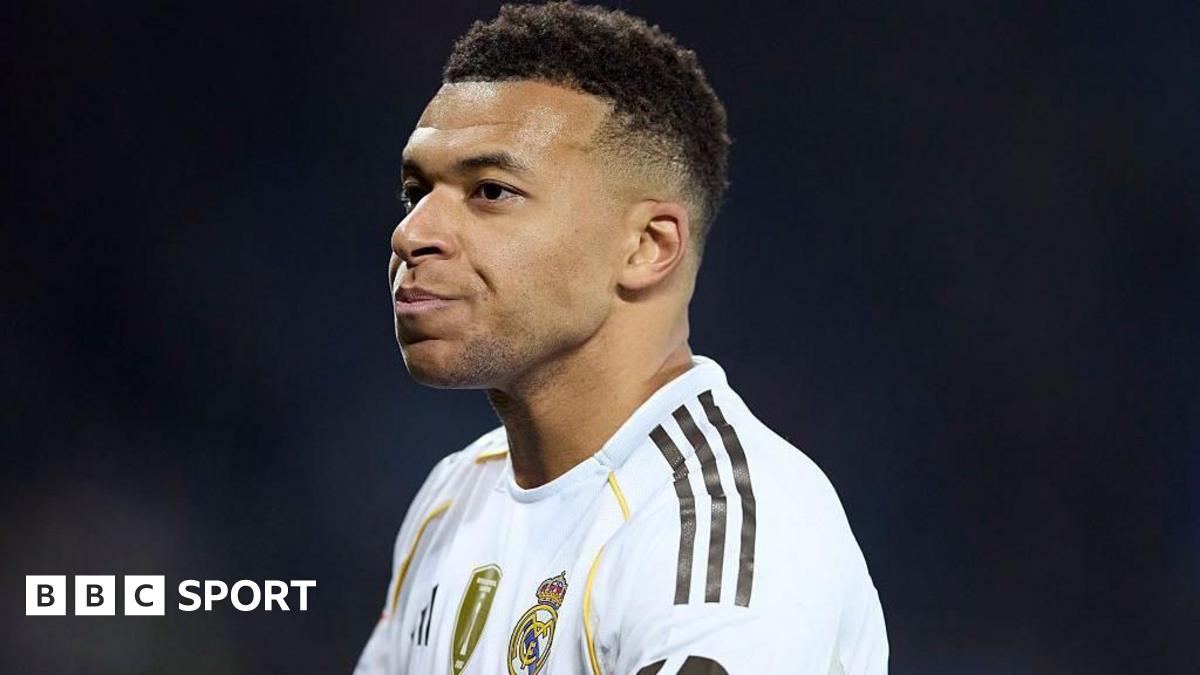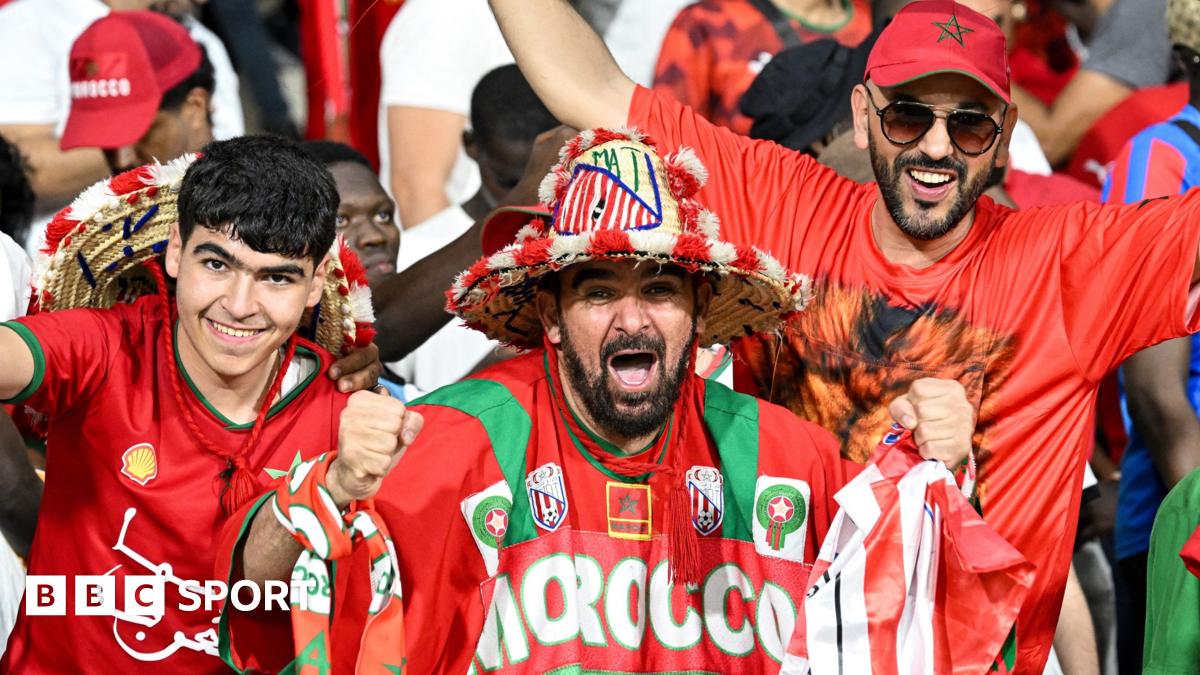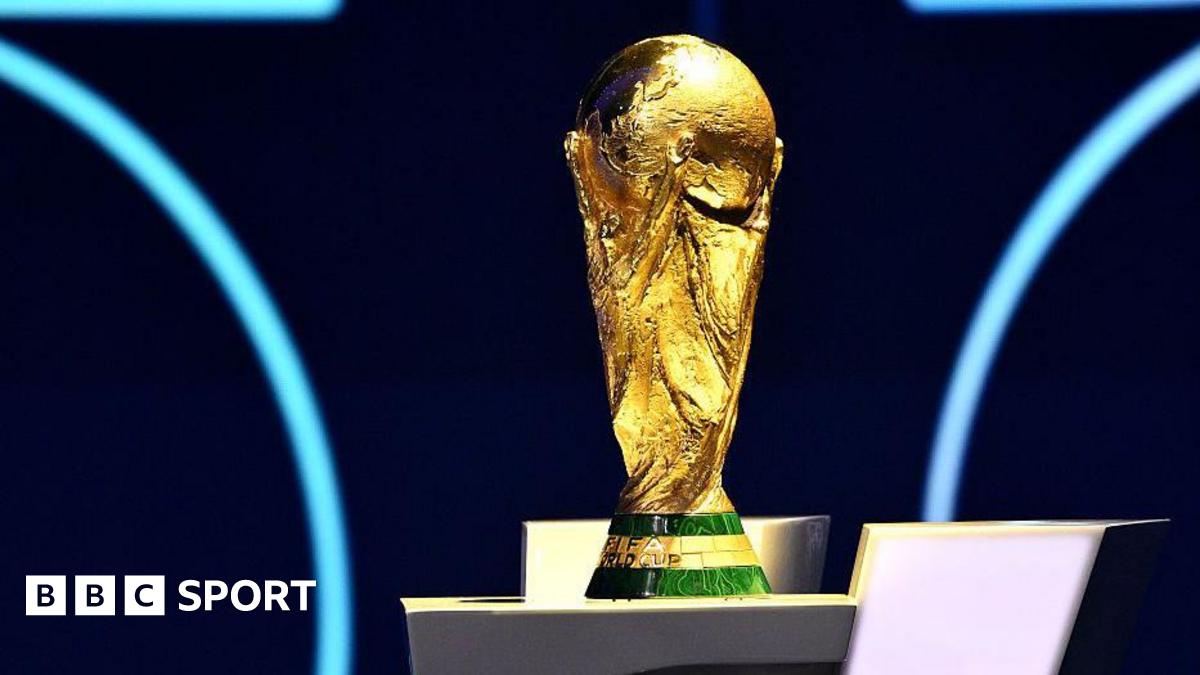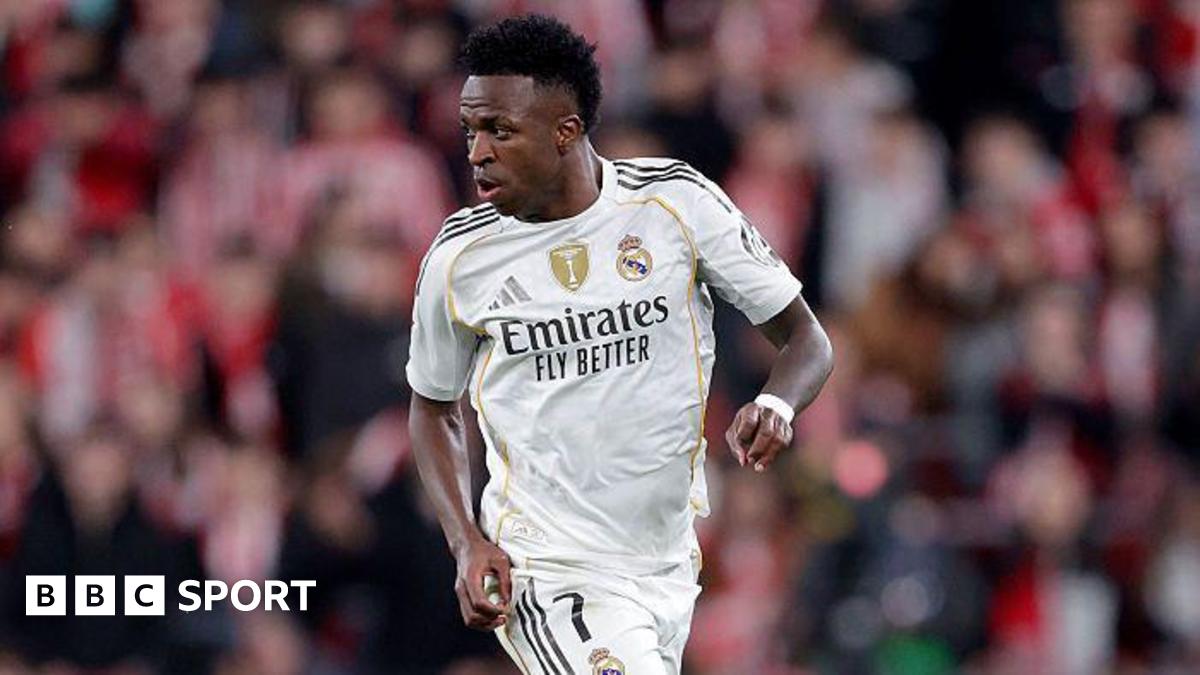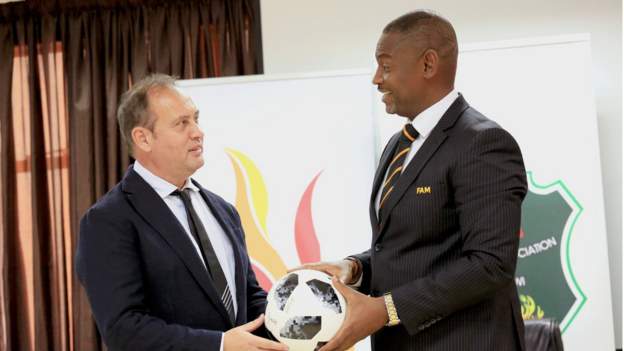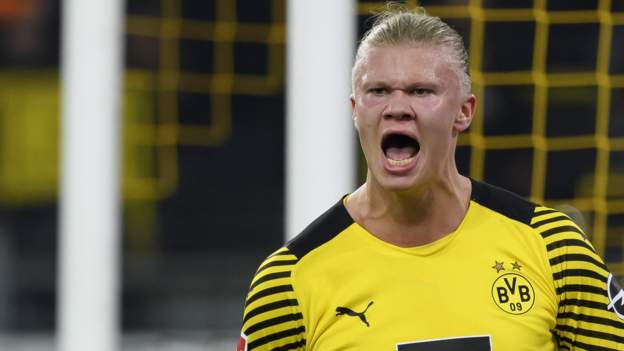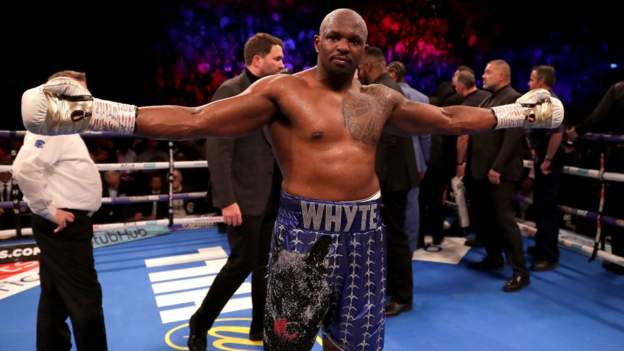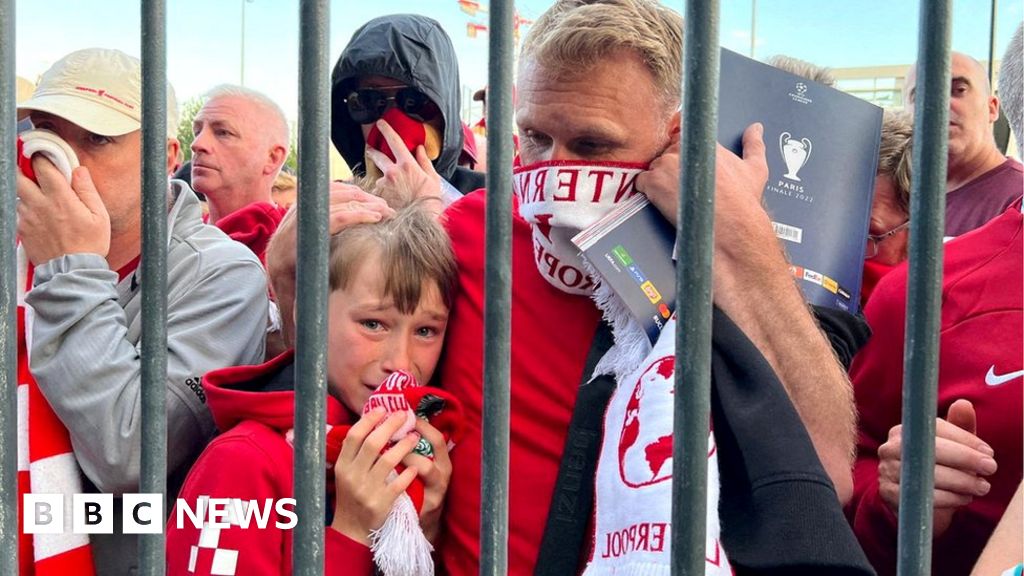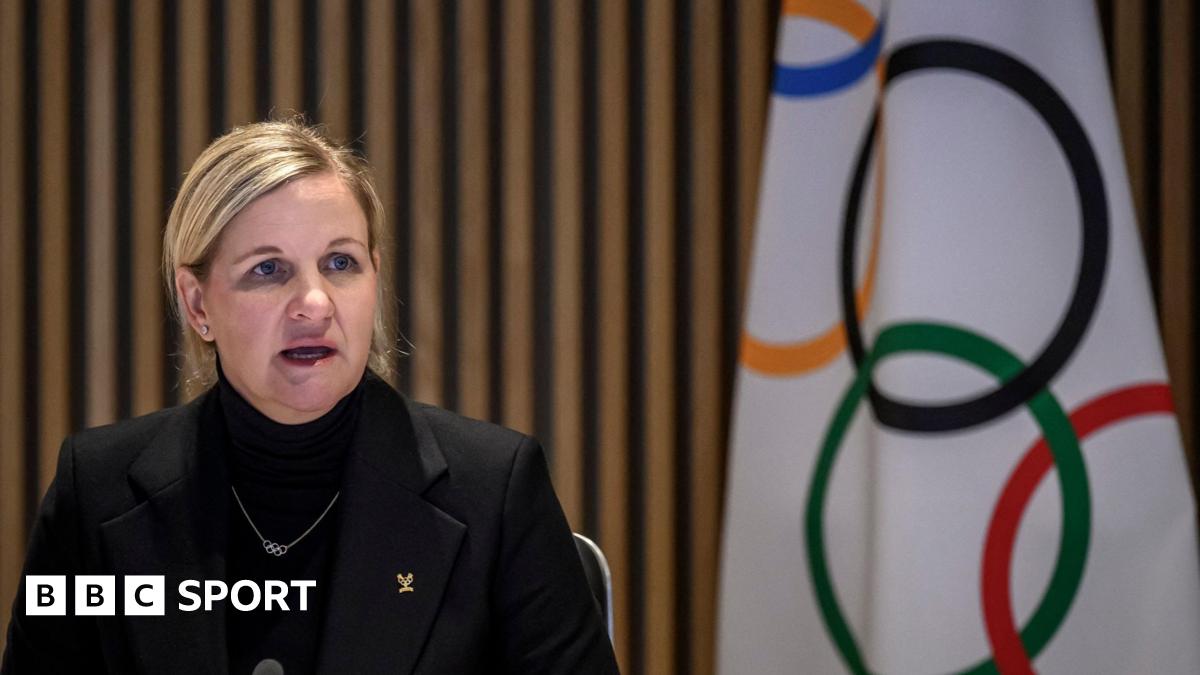Mario Marinica has outlined his philosophy for Malawian football and says the national team have to “improve on their shortcomings” to make an impact at the Africa Cup of Nations.
“My philosophy for Malawi football is that we need to play fast – and very fast,” Marinica told BBC Sport Africa.
“That means players have to think fast, they have to act fast and they have to move fast. I have developed ten principles of play and we have to see how we can achieve that.”
The 56-year-old, who holds a Fifa Pro coaching license has a rich history in African football, having coached in Nigeria, South Africa, Ghana, Seychelles, Tunisia and Tanzania.
Malawi have qualified for the Nations Cup for the first time since 2010, and have been drawn in Group B alongside Senegal, Zimbabwe and Guinea.
However, Marinica expects the tournament in Cameroon, which starts on 9 January, to be a challenging one for the Flames.
“What we do not want to do, and particularly myself, I do not want to raise hopes,” he said.
“High hopes, unfulfilled hopes means high expectations, and high expectation leads to bitter disappointment. We do not want that to happen.
“So for now we will try to improve on our shortcomings so that we have a good performance at Afcon.”
Malawi have ‘lagged behind’ African rivals
Fam have appointed Marinica as head of the technical panel of the senior national team, with head coach Meck Mwase now demoted to first assistant coach.
The change in roles came after Malawi only won one of their six group games in World Cup qualifying.
Marinica signed a three-year contract and Fam president Walter Nyamilandu believes that, given time, he will turn things around for Malawi.
“We want to be better organized,” said Nyamilandu.
“There are times we have gone to a tournament not organized. Maybe the team is not fully supported. I want him to champion the agenda of football development here.
“And one of the things that I want him to leave behind is a football philosophy that Malawi will be known with – a particular style of play that suits our capability, our skill set in Malawi.
“We have not yet been able to embrace that particular identity. It will come with time.”
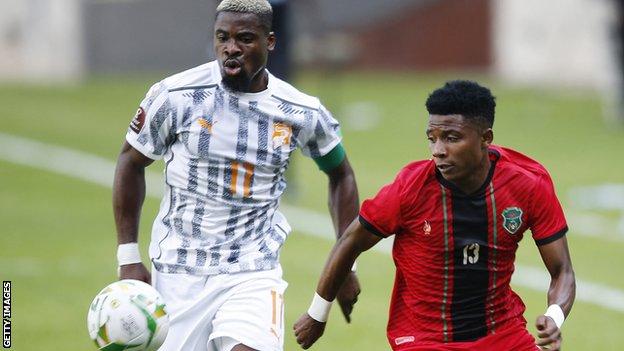
Nyamilandu agreed with Marinica that while Malawi will be playing at the Nations Cup for just the third time, the country has not made steady growth in the game.
“The game has advanced tremendously within the continent and we have lagged behind from the professional point of view because the game of football in Malawi is not professional,” Nyamilandu.
“For us to catch up with the rest of the world has been very difficult. You know when we assemble a team, our style of play is not systematic and professional so we have been exposed.
“We might have good talent, but to form a competitive team has been a huge challenge, and most countries within Southern Africa have improved tremendously.
“We want to bridge that gap to ensure that we adopt continental football where when we play, we play with a purpose and a winning mentality – not just passing the ball around.”
Focus on Nations Cup performances
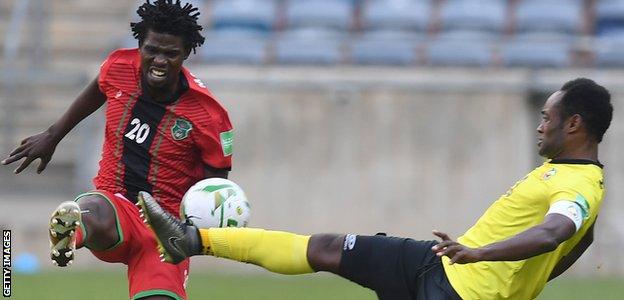
Nyamilandu said while it will take some time for Marinica to change the face of Malawian football, results will also matter – especially at the Nations Cup.
“It is a long term programme but we need to also reap fruits in the short term,” he said.
“So what are the lower hanging fruits, particularly when we go to the Africa Cup of Nations? We are not going there just to add numbers.
“We want him to introduce his style of play to the national team, make some changes in the short-term that can make the team strong and improve from where we are.”
But Marinica says Malawi is paying the price for ignoring basic football development principals.
“In Malawi you find a lot of talented players. However, I do not think their talent has developed as it could have been,” he said.
“I also think that the talent development and players’ selection criteria is not done based on requirements. Central defenders are very short, goalkeepers are very short.
“When I look at statistics for the national team, one match in particular one player lost 67% of aerial challenges. You can not make him bigger. You have to start from very early in the selection criteria.”
Ahead of the Nations Cup, Marinica and Mwase have selected a squad of 34 local players for a training camp, giving 12 players their maiden call-up.
The group includes players from second tier and academy sides, and Mwase said the younger players are meant fill the gap left by senior players who are not available because of club commitments.
The panel will name its final squad for Cameroon by 23 December, with the team based in Saudi Arabia from mid-December ahead of the tournament.
